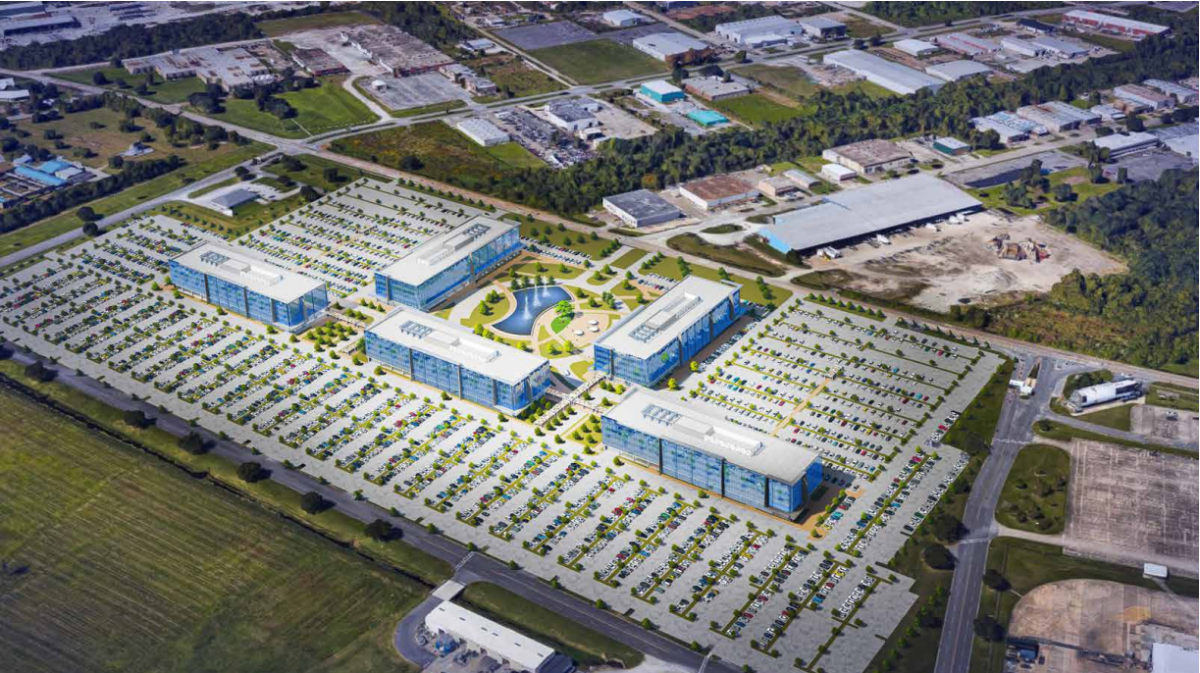LSU will be one of the major partners in the development of the Louisiana Space Campus, a central hub for space-related industrial developments in the state, according to Bob Fudickar, executive director of the National Center for Advanced Manufacturing.
“The cool thing about the campus is that anything that is generated from that campus, as in revenues or free cash flow, stays on campus to further re-invest in that property to continue the mission of NASA or the mission of any business or industry coming in there,” Fudickar said.
The Space Campus was announced in a March 10, 2021, press release by Governor John Bel Edwards. According to the press release, the campus will target commercial office development for tenants of the Michoud Assembly Center, a New Orleans facility where NASA builds crewed rockets. The press release reads that it will seek to bring in new partners from both the commercial and private sectors.
“It’ll really be the driver for a lot of economic responses both current and new and unknown, frankly, some of it will be unknown,” Fudickar said.
LSU will be the administrator of the Space Campus, facilitating it in the educational arena as well as a training and workforce development operation. According to Fudickar, LSU decides who runs the administration of the campus.
Additionally, Fudickar said there will be a large educational component to the Space Campus. He said they will attempt to train and develop the skills of a future generation of prospective engineers.
LSU’s involvement in the Space Campus will open up many opportunities for LSU students to receive direct knowledge of what goes into building rockets, Fudickar said, as well as opening research opportunities for LSU faculty and students as well.
The Space Campus will be located in a 50-acre plot near the heart of the 829-acre Michoud Assembly Facility. According to Fudickar, many of the buildings at Michoud date back to the 1940s, so the more modern Space Campus will likely be very appealing to companies like Boeing and Lockheed Martin to move their offices to the Space Campus.
Companies operating in the Space Campus will allow LSU students to interact with them directly, possibly opening up internships or career opportunities for them.
According to Fudickar, Michoud has also courted SpaceX and Blue Origins before, but their buildings currently aren’t up to the specifications they need. He said providing the Space Campus with a variety of new buildings could change that, adding that it may attract new aerospace companies that may crop up in the future.
“We absolutely want to make a very attractive reason for those companies to migrate and populate, in the aerospace world, here,” Fudickar said.
He said the Space Campus aims to have various office spaces at first, but he said as it evolves, they hope to add manufacturing to the complex.
Fudickar said the Governor’s goal for the Space Campus is to expand job opportunities in the state and to increase Louisiana’s presence in the space industry, with $40 million being devoted to the Space Campus.
The state, according to Fudickar, is set to cover half and the Baton Rouge Area Foundation, a nonprofit which seeks to further develop the state, will cover the other half of the price tag.
Physics professor Jeffrey Chancellor said the Space Campus has the potential to bring in a lot of new research-based innovation to the state. He said this could allow LSU to have a larger influence on space industries and have a greater role to play in space-related industries and future missions.
“Everybody’s trying to jump into space now. Everybody. This could really be a huge impact,” Chancellor said.





